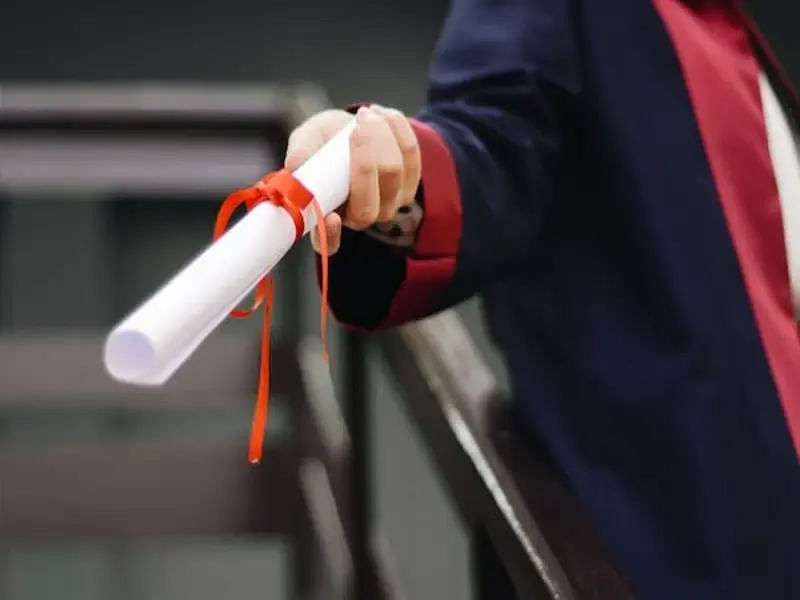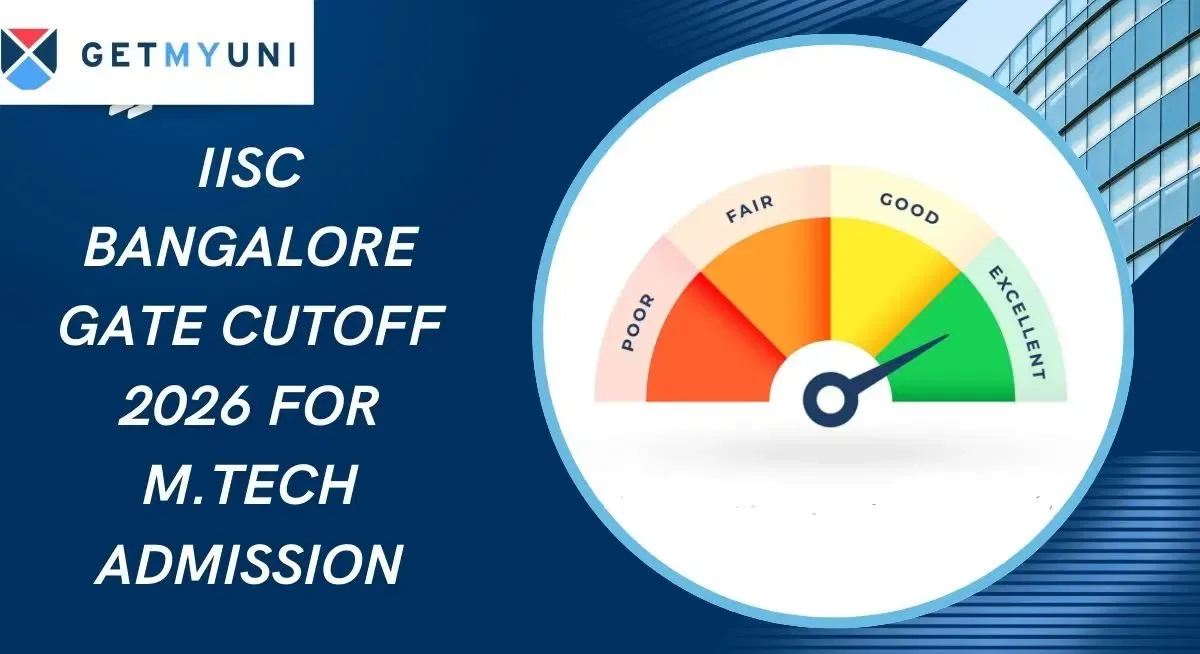The most innovative careers in engineering which are highly spying and require skills to excel are aerospace engineer, front-end engineer, back-end engineer, video game engineer and supply chain engineer.
Table of Contents
The top 10 most innovative careers in engineering are environmental Engineer, supply chain engineer, civil Engineer, chemical engineer, aerospace engineer, front-end engineer, back-end engineer, video game engineer, security engineer and quality assurance engineer.
Top 10 Most Innovative Careers In Engineering
The top 10 most innovative careers in engineering, which are highly paying and associated with innovations and product development, are explained below.
- Environmental Engineer
- Supply Chain Engineer
- Civil Engineer
- Chemical Engineer
- Aerospace Engineer
- Front-End Engineer
- Back-End Engineer
- Video Game Engineer
- Security Engineer
- Quality Assurance Engineer
1. Environmental Engineer
Environmental engineers address environmental issues and apply their expertise to make the world a better place. They might look into methods to make drinking water safer, enhance long-term sustainability, or strive to increase recycling. Environmental engineering is one of the innovative careers in engineering, and some other details are listed below:
- Construct infrastructure for water reclamation or air pollution.
- Examine establishments to make sure they abide by regional environmental regulations.
- Perform research on hazardous waste and make cleanup recommendations.
- An environmental engineer at the entry-level or junior level frequently conducts extensive fieldwork, such as gathering air or groundwater samples.
- However, they can also operate as a member of a bigger team in an office setting, carrying out research, interpreting data, and presenting their conclusions.
2. Supply Chain Engineer
Supply chains are often referred to as logisticians. Supply chain engineers are in charge of moving goods from point A to point B as cheaply and efficiently as feasible. Supply chain engineers accomplish this by examining the supply chain from beginning to end, which is also one of the innovative careers in engineering.
- The business offers the appropriate quantity of merchandise at the proper time and location.
- The locations of the current facilities are ideal, and the new ones are filling the gaps.
- Because the supply chain is well-maintained, the business is thriving.
Also Read: 10+ Highest Paying Engineering Jobs in 2024
3. Civil Engineer
Buildings and other infrastructure projects, like bridge construction, are designed, planned, and constructed by civil engineers. Typically, they oversee the project from beginning to end and carry out the following duties:
- Examining surveys, maps, and plans
- Recognizing and considering zoning regulations while choosing a location
- Analysing soil reports to make sure the building can be erected securely
- Overseeing the building, upkeep, and repair of structures
- Civil engineers can find employment in both public and commercial sectors. In this capacity, they apply their knowledge to ascertain the cause of a structure's failure.
4. Chemical Engineer
Chemical engineers engage in more than just lab experimentation. Their expertise in chemistry, physics, and engineering is used in designing the machinery and procedures needed to produce an extensive array of goods.
Chemical engineering is one of the innovative careers in engineering and also guarantees the environmental and consumer safety of the final goods and the manufacturing process. Among the other responsibilities of chemical engineers are:
- Putting in place safety measures while handling potentially dangerous substances
- The manufacturing process's monitoring, testing, troubleshooting, and improvement
- Ensuring that every piece of equipment conforms with environmental or safety laws
- Some chemical engineers work with other disciplines (like medicines), while others specialise in a particular process (like strengthening bonding for fibres or adhesives).
Also Read: Electrical Engineering Vs Electronics and Communication Engineering: Which One to Choose?
5. Aerospace Engineer
Aerospace engineers develop various technologies for space, aviation, and defence industries. In addition to designing rockets, spacecraft, satellites, and helicopters, they may also create drones and aeroplanes. Among the tasks performed by an aircraft engineer are:
- Evaluating project ideas to determine their viability for construction and safety.
- Establish the procedure for assessing the final product's quality and upkeep.
- Investigate and resolve issues.
- Two specialisations exist in aerospace engineering. Aeronautical engineering comes first. These experts specialise in creating propulsion systems for aircraft and enhancing their performance. The second group focuses on spaceships and includes astronautical engineers.
6. Front-End Engineer
Working at the nexus of software engineering and user experience, I am a front-end engineer. They typically work on the user interface or the "front" of a software system. Front-end developers ensure the program "looks pretty," which translates to being simple to use and understand. They also guarantee that the software functions correctly. Additional front-end engineering duties consist of the following:
- Collaborating with other software engineers to guarantee system interoperability.
- Collaborating with the security engineers to find and address any vulnerabilities.
- Optimising a website for speedy loading and operation.
- In addition to ensuring the program runs on various hardware and operating systems and selecting the website's colours and typefaces, front-end engineers can create mock-ups that stakeholders can review and approve.
Also Read: Civil Engineering vs Mechanical Engineering - Which Has a Better Scope?
7. Back-End Engineer
The back-end engineer makes sure everything operates as intended, whereas the front-end engineer makes sure a website or software product looks good and works effectively. Back-end engineering is one of the innovative careers in engineering:
- Make and carry out plans for system updates.
- Write, diagnose, and fix code.
- Construct and manage databases.
- Boost system efficiency.
- Although some businesses use the terms interchangeably, a back-end developer and an engineer differ. While the Engineer uses a "big picture" approach to make sure all the components of the system work together harmoniously, the developer creates code to solve individual problems.
8. Video Game Engineer
Video game developers and artists produce video games. Most game engineers collaborate with others, even though they might have ideas on how the game should appear. To make the game come to life, they typically cooperate with a group of authors, illustrators, and other developers. Additional responsibilities of video game engineers include:
- Creating the code to make sure the game works on various hardware.
- creating a test version of a game.
- repairing bugs and resolving other issues with gameplay.
- defining a character's appearance, emotions, and movements.
- Gaming engineers may partly develop the game's plot, characters, and storyline.
Also Read: Top 10 Most Expensive Engineering Colleges in India 2024
9. Security Engineer
Living in a digital age has drawbacks: hackers and thieves find easy access to the systems that store our information. Security engineers can help with that. They maintain the security and safety of our digital data. It's a continuous, ever-changing profession that entails:
- Establishing and putting into place security measures to protect digital data.
- Completing security audits to identify and address vulnerabilities.
- Reacting to threats, both real and imagined.
- Organising and carrying out security updates.
- Security engineers are frequently responsible for creating security systems from the ground up, which requires extensive technical and programming expertise.
10. Quality Assurance Engineer
A software product is guaranteed to function as intended by a quality assurance (QA) engineer. And it is their responsibility to determine why it doesn't. To correct a bug, QA engineers do not write the code.
Instead, they design and conduct the testing procedure to find defects before consumers use the product. QA engineers, however, might write the code needed to carry out any automated testing. Further duties are:
- Recognizing and evaluating the program's issues.
- Coordinating testing with developers and programmers.
- Monitoring mistakes and performance indicators.
- QA engineers collaborate closely with other teams to gain a deeper understanding of the intended functionality of the product.
Skills Required for Engineering Jobs
Engineers, as one might anticipate, heavily rely on their hard talents and comprise one of the most innovative careers in engineering. To complete their work, engineers frequently rely on their technical abilities (such as coding), analytical abilities (such as gathering and analysing data), and logical reasoning.
- Present their results using their public speaking abilities.
- Work together with stakeholders, both internal and external.
- Select the study topics and experiment design that the team will use.
- Use their creativity to find innovative solutions to the issues and obstacles they face.
Also Check: Top Engineering Colleges in India 2024























POST YOUR COMMENT